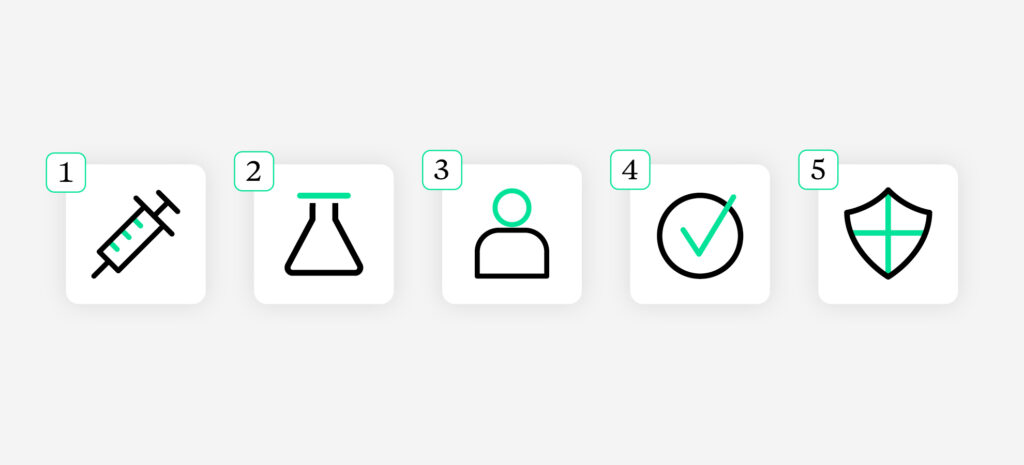The importance of data-driven decision-making in pharma can’t be overstated. While medical affairs professionals don’t lack data, they may lack a way to make sense of it quickly. Proper insights management methodology is one of the key medical affairs strategies teams can use to work toward continuous improvement and more effective ways of working.
Let’s delve into a concept with immense value for medical affairs professionals – the insights loop. (Jump to a short video about the insights loop.)
This process goes beyond conventional data analysis, refining decision-making and ensuring strategies are validated and continually improved.
How does the insights loop revolutionize medical affairs strategies within the pharmaceutical landscape?
Understanding the insights loop
First, teams need to align on what an insight really is. Unlike mere data points or findings, insights represent thoe illuminating a-ha moments. As defined by the Medical Affairs Professional Society, insights offer action-oriented conclusions derived from a comprehensive analysis of various data sources. Also, consider the difference between actionable and observational – an insightful observation doesn’t stop at stating facts. Rather, it prompts action and guides medical affairs professionals to make informed decisions based on data-backed strategies rather than assumptions.The never-ending refinement process: the insights loop in action
At the core of the insights loop is perpetuity – insights management isn’t a one-off event but an ongoing journey of refinement, validation, and evolution. Key stages of this journey include:- Define key insight topics and questions to set the stage for success. Outlining specific areas of interest ensures a focused approach to data collection.
- Gather insights from various sources, including group engagements, advisory boards, digital interactions, and real-world data.
- Collaborative analysis amplifies the quality of insights. Cross-functional collaboration brings diverse perspectives and enriches the analysis process.
- Refine strategies as insights evolve over time. Monitor and assess the performance of strategies to continuously refine and improve.
- Iteration. The insights management process repeats as refined strategies generate outcomes, which lead to new insights.






